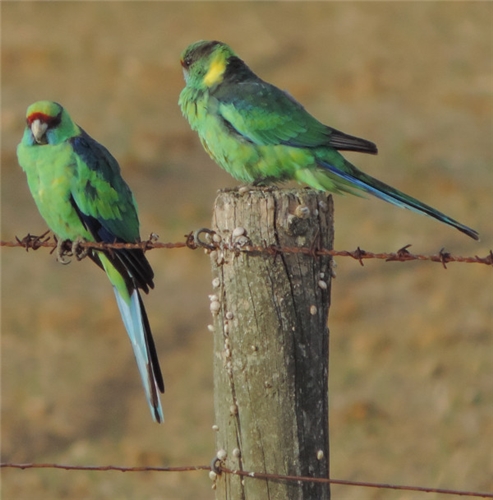As in the UK, the use of government funding to support homeopathic remedies has been under considerable scrutiny recently in Australia. Australia's National Health and Medical Research Council has just released its long awaited review, with the findings summarised by Ian Musgrave, Senior lecturer in Pharmacology at University of Adelaide, South Australia in the article below:
theconversation.com/no-evid...
...a quick refresher: homeopathy is a complementary therapy that uses diluted substances for treatment. It’s based on two fundamental concepts – the first is that “like treats like” (for example, using a substance that causes fever to treat a fever) and the second that substances become more potent the more you dilute them.
In some cases, homeopathic medicines are unlikely to contain even a single molecule of starting material. In other cases, materials are too dilute to have any effect at all.
There were nearly 380 comments on this article when I posted this, with the UK royal family getting much of the early attention, so it is obviously a contentious issue, with strongly held beliefs by both those supporting homeopathy and those struggling to find scientific evidence of its claimed efficiency.
Neil
Some red rumped parrots above, are enjoying the morning sun. The white excrescences on the fence post are Italian white snails. These climb the stems of cereal crops in late spring and summer and seals themselves to the stems during dry spells. They are then harvested with the crop, clogging machinery and contaminating the grain. Perhaps the diluted (homeopathic?) snail content in bread is good for you?

